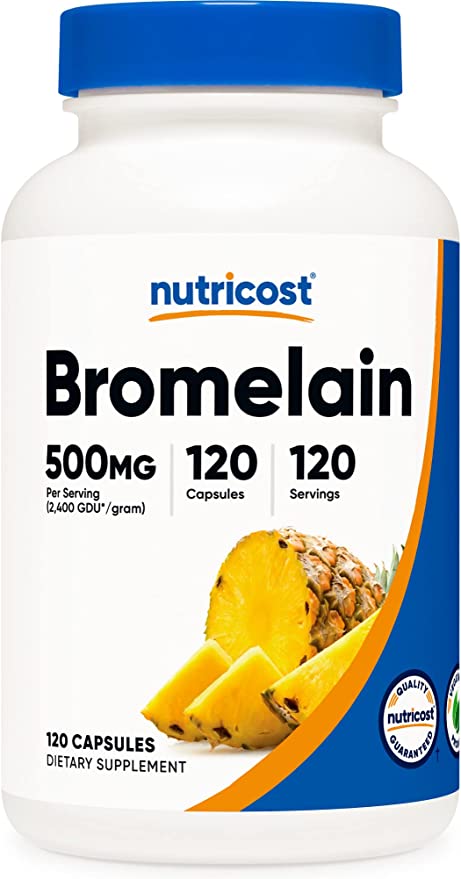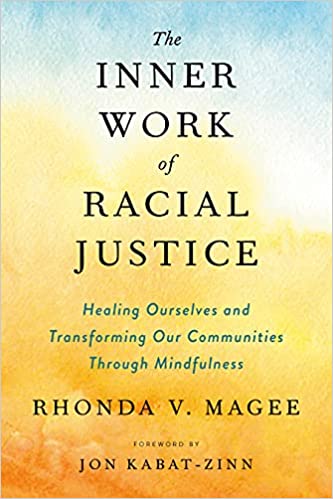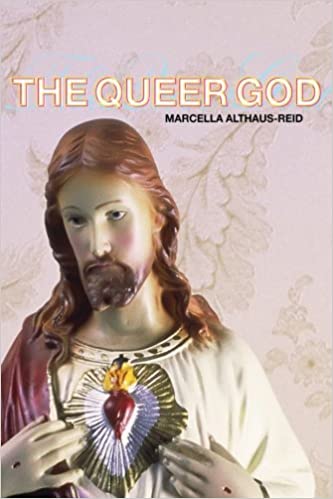
Always check with your health professional before taking any supplements, especially if you are taking other prescription medications. The following are some of the popular supplements used by bodybuilders.
Creatine Monohydrate
Creatine Monohydrate – Helps build muscle mass and improves exercise performance.
Dosage: 30 grams per day but can be spaced for every other day. It is not necessary to take 30 grams per day in smaller doses throughout the day. 1
- Don’t take with caffeine
- Do take when ingesting carbs. Some science suggest the interaction may help absorption
L-Citrulline or Citrulline Malate
L-Citrulline – L-citrulline is an amino acid normally made by the body. The body converts L-citrulline to L-arginine, another type of amino acid. Improves blood circulation and aids in muscle recovery. This amino acid is used by some men to improve symptoms of erectile dysfunction (ED). 2
Dosage: 2 through 6 grams per day should be well tolerated building up for seven days before effects are noticed.
Citrulline Malate – Malate serves as an important component in the tricarboxylic (or TCA) cycle, which is one way your body produces energy. When you increase malate levels, you increase energy production. 3 4
BCAA
BCAA (Branched Chain Amino Acids) – BCAAs stimulate the building of protein in muscle and possibly reduce muscle breakdown. The “Branched-chain” refers to the chemical structure of these amino acids. 5
A good, detailed article regarding BCAA supplements can be found on the National Institute of Health’s website. Although several studies are limited, taking BCAAs approximately 30 minutes prior to a workout may help with your exercise routine. 6
L-Glutamine
Glutamine – “The most abundant amino acid (building block of protein) in the body. The body can make enough glutamine for its regular needs. But during times of extreme stress (the kind you experience after heavy exercise or an injury), your body may need more glutamine than it can make. Most glutamine is stored in muscles, followed by the lungs where much of the glutamine is made.” 7
Perhaps… but NOT Totally Recommended
Ashwagandha
Ashwagandha (Withania somnifera) – Withania somnifera, known commonly as ashwagandha or winter cherry, is an evergreen shrub in the Solanaceae or nightshade family that grows in India, the Middle East, and parts of Africa. Several other species in the genus Withania are morphologically similar. 8
“The herb could supercharge your gym sessions, too, since it’s been shown to increase muscle mass, reduce body fat, and increase strength in men. In a study of 57 men, taking ashwagandha led to “significant increases in muscle mass and strength” and more than doubled their reductions in body fat percentage compared to a placebo group.” 9
“Since ashwagandha is traditionally used as an adaptogen, it is used for many conditions related to stress. Adaptogens are believed to help the body resist physical and mental stress. Some of the conditions it is used for include insomnia, aging, anxiety and many others, but there is no good scientific evidence to support most of these uses. There is also no good evidence to support using ashwagandha for COVID-19.” 10





